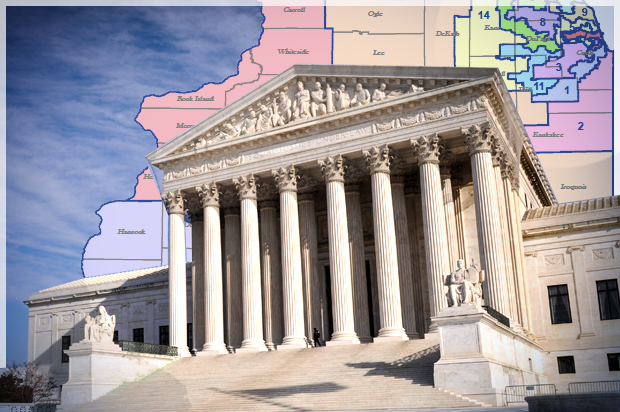North Carolina has become notorious in recent years for its racial gerrymandering. Now a Supreme Court ruling has confirmed that, yes, it is still wrong to carve up congressional districts with the goal of diluting the voting power of racial minorities.
The Supreme Court found that a pair of congressional districts that had been in effect until 2014 depended too much on race, according to an article by Bloomberg. Justice Elena Kagan wrote for the majority, arguing that the lines for the 1st congressional district and 12th congressional district had been drawn up in order to pack racial minority voters into certain districts and thereby minimize their presence in other ones.
[salon_video id="14769886"]The Supreme Court’s rulings upheld that of a three-judge federal court that had previously ruled those two districts were racially drawn, according to a story by ABC News. The court was unanimous in upholding the lower court’s ruling about the 1st congressional district, which Kagan described as “a racial gerrymander whose necessity is supported by no evidence,” and was split 5-3 on the 12th congressional district.
That last decision was notable because Justice Clarence Thomas, who is traditionally a conservative, joined the four liberal judges in their ruling. Kagan argued that “the evidence offered at trial . . . adequately supports the conclusion that race, not politics, accounted for the district’s reconfiguration.” In his dissenting opinion, Justice Samuel Alito claimed that the district’s boundaries “are readily explained by political considerations.”
Justice Neil Gorsuch did not participate in these rulings as the arguments occurred prior to his confirmation.

